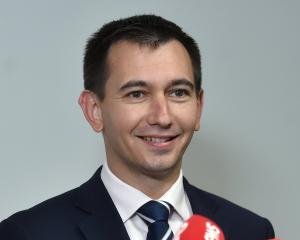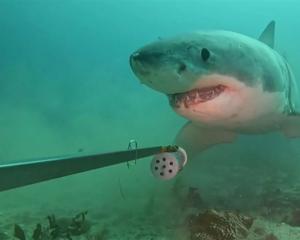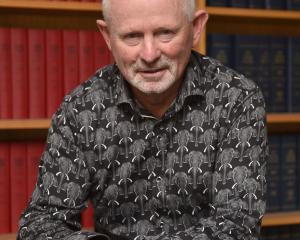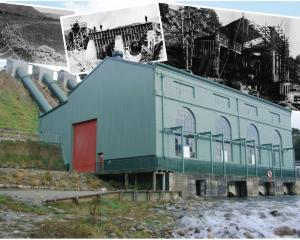
Alliance group will be taking more than 4000 polluting cars off the road.
Not literally taking cars off the road. Rather, a new electric boiler replacing the Lorneville plant's old coal-fired boiler, would reduce its carbon footprint by 11,739 tonnes of carbon a year — the equivalent of taking 4348 cars off the road.
That reduction means Southland was tracking well towards its goal of zero carbon by 2030.
Newly appointed Alliance Group chief executive Willie Wiese said the boiler replacement and a new flexible power supply were key components of the decarbonisation project.
In 2019, the company announced it was committed to reducing its carbon footprint and would be replacing coal-fired boilers in its meat processing companies within 10 years.
The Lorneville plant operated one of the largest refrigeration plants in New Zealand and had used two coal-fired generators since the plant opened in the 1960s.
"We are leading New Zealand’s red meat sector with our ambitious decarbonisation programme and have been pioneering several New Zealand-first investments and supply agreements," Mr Wiese said.
Alliance Group received $5 million of Government Investment in Decarbonising Industry (GIDI) co-funding to assist with the Lorneville boiler conversion as well as about $1.6 million for a heat-recovery project. To date, the region had also received more than $13 million of Energy Efficiency and Conservation Authority commercial co-investment.
Contact Energy’s subsidiary company Simply Energy enabled additional savings for the meat export giant by knitting together an interruptible industrial load system — a commercial form of ripple control.
The load reduction achieved could power the equivalent of 1000 homes.
Mr Wiese said participating in Simply’s system was an easy choice as it fitted with the Alliance’s goal to decarbonise each of its seven processing plants.
"It allows us to contribute to a more resilient grid without disrupting operations, as the technology does all the hard work."
Southland had almost achieved a 50% conversion of commercial thermal energy plants to renewable energy, Great South strategic projects general manager Steve Canny said.
"Which is really impressive. I think it would be by far ... the most advanced region in terms of decarbonisation ...
Boiler operators had recently expressed the desire to be fully decarbonised by 2030.
"In the past, they had 2035 and 2036 sort of targets, but fundamentally, these targets are becoming more achievable."
But for many customers, carbon availability and access influenced decisions.
Mr Canny said those businesses lowering emissions were building a more competitive and marketable business.
"We are seeing many export companies like Alliance and recognise that customer demands are changing ... the efficiency of production is a very important part of the provenance of production these days."
He believed the companies of the 35 boilers being converted were proud of their achievements.
Energy efficiency was a critical component of any conversion.
"When you’ve got a complex processing business like Alliance meats, there’s really good opportunities to look at efficiencies.
"From what we’ve seen, of the work that’s been planned there, they’re doing some outstanding work."
Mr Canny said Great South had been working with many commercial organisations in Southland to assist them with lowering carbon emissions since 2015. But the Alliance project was the biggest so far and probably the largest conversion in the South Island.
By Toni McDonald












